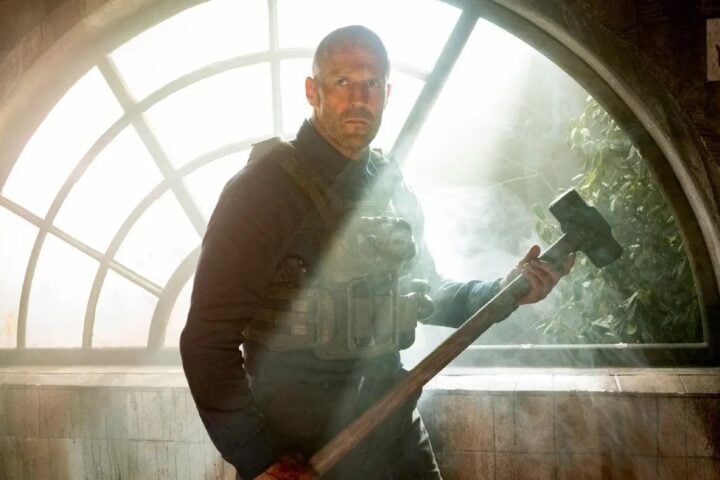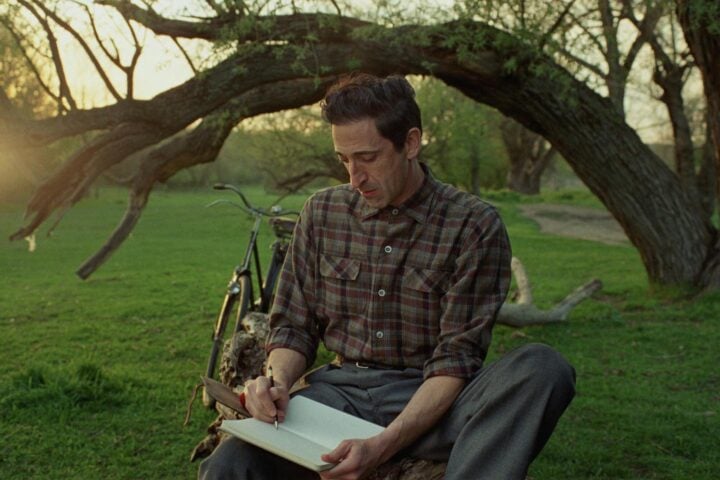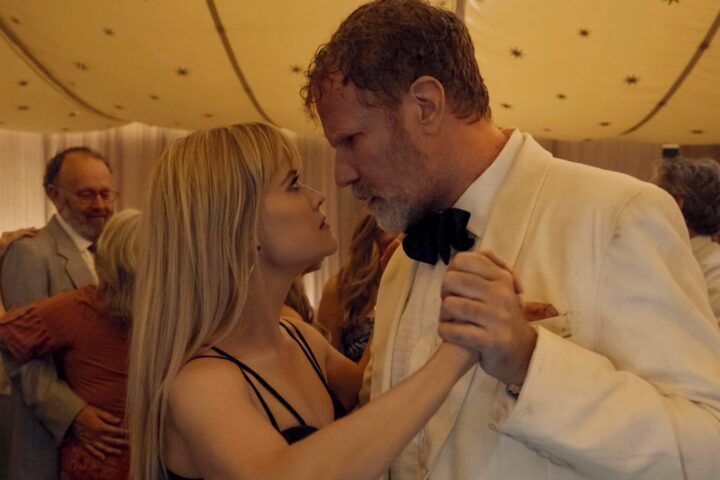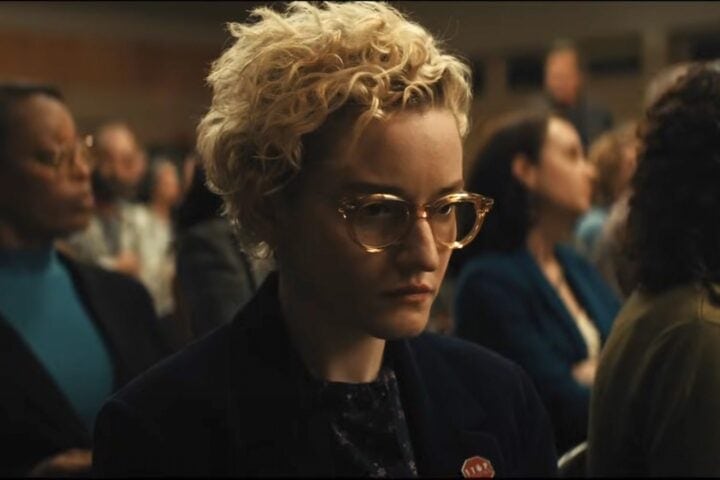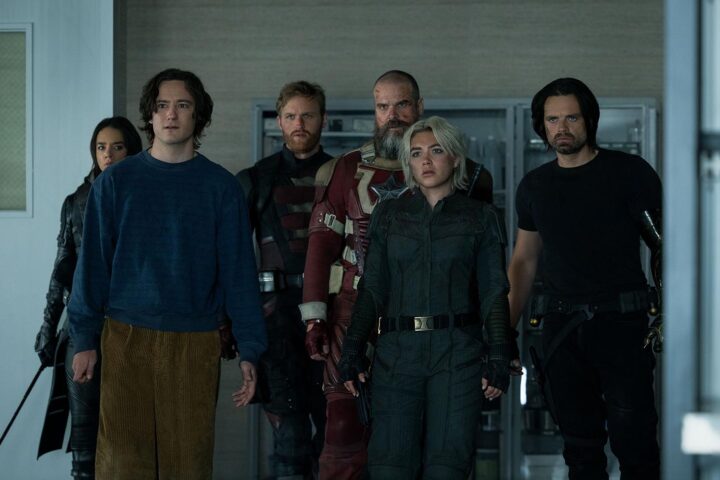Yelena Belova (Florence Pugh), a.k.a Black Widow, is bored. When Thunderbolts* begins, we meet her as she’s going through the motions of saving the world, but without the fire and passion that defined her quest to avenge her sister Natasha Romanoff’s death. And what with Phase Five of the Marvel Cinematic Universe feeling like it’s at a standstill, given that there’s seemingly no endgame (pun intended) to all of its superheroics, it’s easy to sympathize. Indeed, if you’re a hardcore Marvel fan, you’re probably also in a similar funk.
For Yelena, at least, her solution to her troubles is to call it a career, which her boss, Contessa Valentina Allegra de Fontaine (Julia Louis Dreyfus), is happy to allow her to do. But only after sending her on one last mission into an underground facility to assassinate Ava Starr (Hannah-John Kamen), a.k.a. Ghost, who made her MCU debut as the villain of 2018’s Ant-Man and the Wasp. Yelena agrees, not realizing that Valentina also sent John Walker (Wyatt Russell) to the facility to kill her. Similarly, John doesn’t know that Valentina sent Antonia Dreykov (Olga Kurylenko), a.k.a. Taskmaster, in to kill him. And Antonia…oh, you get the hint.
With that, Thunderbolts* is off to the races, and given that the new political status quo of the MCU is established in stutter-step fashion, it isn’t a sprightly one. And once it has, it’s hard to shake that none of these characters are particularly important to the grand arc of the current MCU. (In John Walker’s case, he should be in jail, but there’s no need to re-litigate Falcon and the Winter Soldier’s sociopolitical failures.) But that’s by design. These are the most prominent loose-end characters of the MCU, and the entire premise of the film runs off of the idea that nobody would miss them if Valentina gets her way. Thunderbolts* is nothing if not self-aware.
Faced with oblivion, our third- and fourth-string MCU characters choose life, all while the film hammers home that there’s no reason why they should. Thunderbolts* is no Watchmen, but it also thoughtfully taps into its characters’ ennui, only without them veering into Zack Snyder-esque self-loathing. It’s still an MCU flick to its core—an adventure full of super-powered action, quips mistaking themselves for character development, beautiful people not having sex—but director Jake Schreier manages to put his indie sensibilities to good use throughout.
Schreier, tasked with making his characters interesting enough to carry a film without turning them into Mystery Men-like repositories of loser-ish comic relief, harnesses the full range of his cast’s talents for playing both drama and comedy. They make you believe in the emotions of their characters—flesh-and-blood humans who fail at using their considerable skills for anything of note—reacting to having what feels like the whole world going out of its way to get them. Patchy as the film may be, the ennui felt by its characters is thematically fascinating.
The melancholy heart of all this is Lewis Pullman’s Bob, a recovering drug addict and victim of government experimentation whose forcibly awakened superpowers depend on repression and infecting everyone he touches with a pervasive darkness, overwhelming them with their failures. For being, in part, a decent guy who seems to just be happy that people are actually talking to him, Bob is the film’s most naturalistic presence. But behind his lopsided smiles and off-kilter energy is something utterly grim, leading to the best moments of the film, and an ominous, despairing third act that coalesces all the film’s messiness into something surprisingly poignant.
Once again, a Marvel film ends with the promise that characters will return, which, given the patchiness of the MCU’s recent output, can feel like something closer to a threat. But Thunderbolts* represents the first time since possibly Ryan Coogler’s Black Panther: Wakanda Forever that the idea of the characters in one of these films getting another day in the sun isn’t just something to be excited about, but a gift the characters fully deserve.
Since 2001, we've brought you uncompromising, candid takes on the world of film, music, television, video games, theater, and more. Independently owned and operated publications like Slant have been hit hard in recent years, but we’re committed to keeping our content free and accessible—meaning no paywalls or fees.
If you like what we do, please consider subscribing to our Patreon or making a donation.

